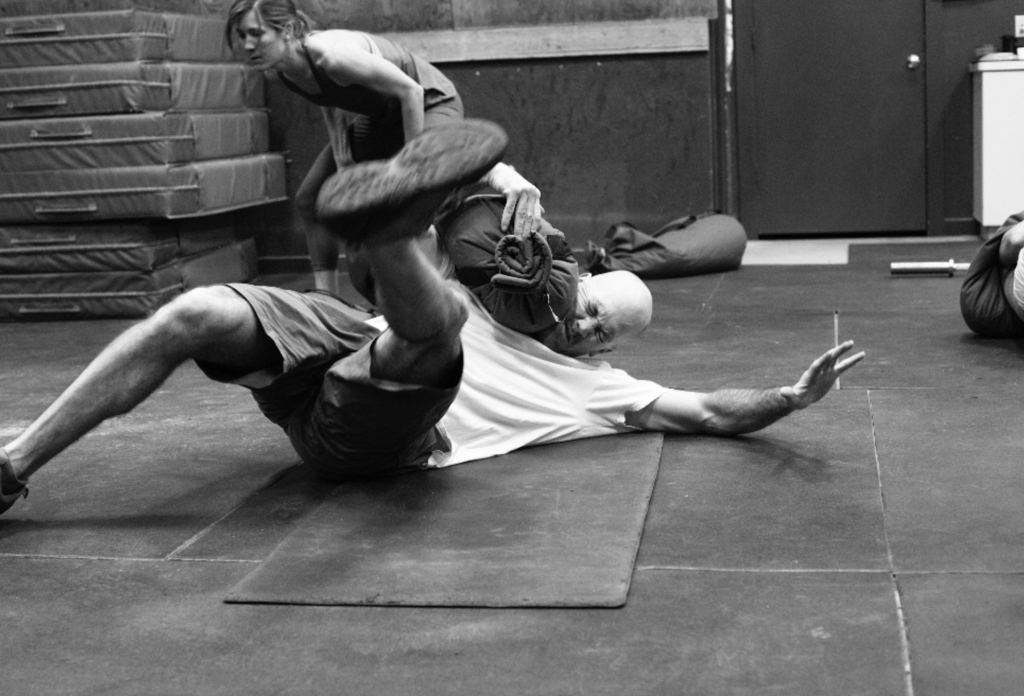
By Rob Shaul
Bouncing back from unforeseen injury, setback or tragedy is the Hollywood definition of Resilience.
Less celebrated is the day-to-day grit needed to keep at the grindstone, in the face of distraction, self-doubt, spiritual uncertainty, lack of recognition and always threatening discontent.
Maintenance work like this isn’t sexy. Work on the fundamentals isn’t exciting.
Movies aren’t made about the grinders in the trenches shoring up the walls and pumping out the water.
But this day-after-day maintenance work brings with it a thousand small failures and setbacks and with each the opportunity to build the habit of dusting yourself off, hopping back on the horse, and giving it another go.
Certainly, we need the capacity to bounce back from the major setbacks, failures, and tragedies. But this capacity must be built by steadfast day-to-day maintenance when no one is watching.
Resilience after unforeseen, external setbacks is hard. Rebuilding after a hurricane, starting from zero again after injury – these are events that “happen” to us often through no fault of our own.
The singular benefit of an externally-caused setback is we aren’t to blame. Our attention and energy can turn immediately to starting over. Often others are there happy to help and root for our success.
Self-imposed setbacks or unforgivable personal failures are a different animal.
Infidelity which leads to divorce, career incompetence which leads to job termination, lazy lack of preparation which leads to non-selection, nasty hubris which leads to business failure …. these setbacks can’t be blamed on fate or randomness or enemies. Before starting to rebuild we have to understand, and own, what happened.
This is not easy.
The endless loop of denials, blaming others, and “if only’s” are an instant obstacle to clear-eyed reflection, deconstruction, and ultimately understanding the big and small of our failure.
Next comes paying the deserved penance, asking forgiveness from those we’ve hurt, and hardest of all, forgiving ourselves.
All this takes unavoidable time and hard effort digging around in the scary, dark spaces of our character.
Only after owning it, doing our penance, exposing and understanding the deepest roots of our failure – only then can begin to rebuild.
Even then, rebuilding when we are to blame is lonely toil.
Instead of cheering us on, others who’ve watched judge us, doubt our intention, hope we fail.
This is all too much for most. Too humiliating. Too revealing. Too much ownership.
Comments/Feedback? Email rob@mtntactical.com
You Might Also Like The Original Article What Does It Mean to be a Quiet Professional
